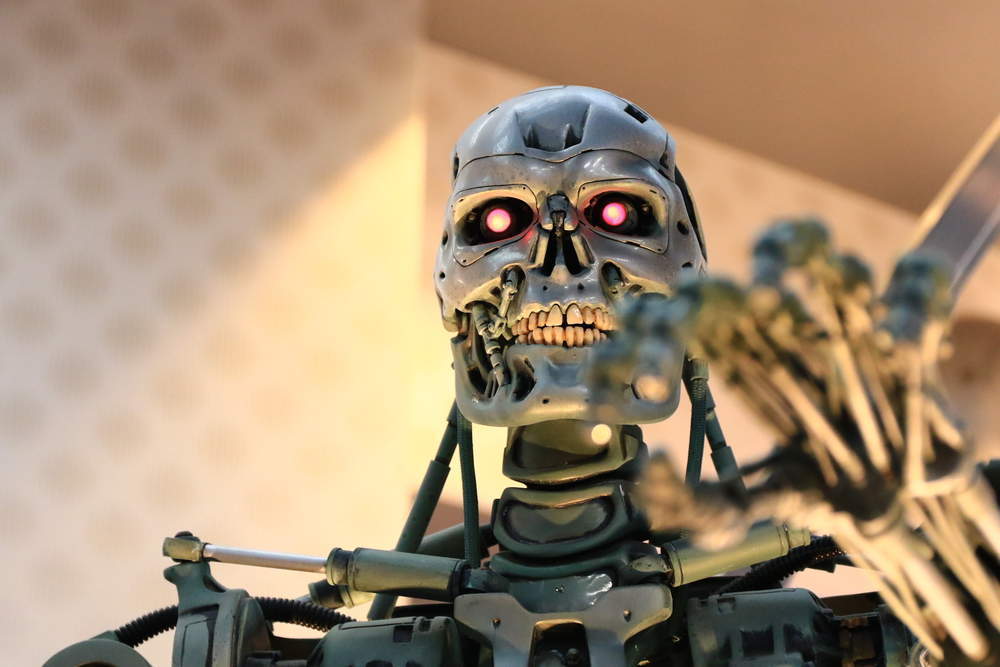
A meeting of the United Nations (UN) is set to take place in Geneva today, where 123 member countries will discuss how to regulate the production of lethal autonomous weapons systems and the use of artificial intelligence (AI) to create so-called killer robots.
Twenty-two countries have so far called for an outright ban on these weapons, with many claiming the world is on the brink of a “third revolution in warfare”.

Access deeper industry intelligence
Experience unmatched clarity with a single platform that combines unique data, AI, and human expertise.
However, several nations, among which US, the UK, China, Israel, South Korea and Russia, seem to be less keen on the idea and claim legislation would not be possible since it is hard to distinguish what can and cannot be controlled by humans.
Diplomats and disarmament experts of the UN’s Convention on Certain Conventional Weapons (CCW) met five times in the past four years in a bid to address the challenges posed by these systems, though failed to agree on a universal approach.
Read more: Experts warn that risks posed by robots are real
The summit comes a week after over 50 AI researchers from 30 countries threatened to boycott South Korea’s Kaist university for working to build killer robots.

US Tariffs are shifting - will you react or anticipate?
Don’t let policy changes catch you off guard. Stay proactive with real-time data and expert analysis.
By GlobalDataThe scientific community sent a letter to the university, laying out its concerns over the need to strengthen controls on the manufacturing of AI-controlled weapons.
The letter warned that lack of regulation on killer robots would open a Pandora’s box that would be hard to close.
At a time when the United Nations is discussing how to contain the threat posed to international security by autonomous weapons, it is regrettable that a prestigious institution like Kaist looks to accelerate the arms race to develop such weapons.
If developed, autonomous weapons will be the third revolution in warfare. They will permit war to be fought faster and at a scale greater than ever before. They have the potential to be weapons of terror.
The debate over the use of artificial intelligence in warfare further escalated last week, when around 3,000 Google employees signed a letter urging CEO Sundar Pichai to cancel a project in collaboration with the Defense Department aimed at developing artificial intelligence to analyse imagery collected by drones.
At the beginning of the month, the International Committee of the Red Cross published a report questioning the ethics of autonomous weapons following a UN meeting last year.
The report said that countries should discuss the limits of these weapons and work out the scenarios where they could be used.
Meanwhile, a separate emergency meeting will also be held today by the UN Security Council in wake of the latest chemical weapons attack in Syria, which has been criticised by world leaders who have warned the use of chemical weapons poses a new international threat to peace and security.







